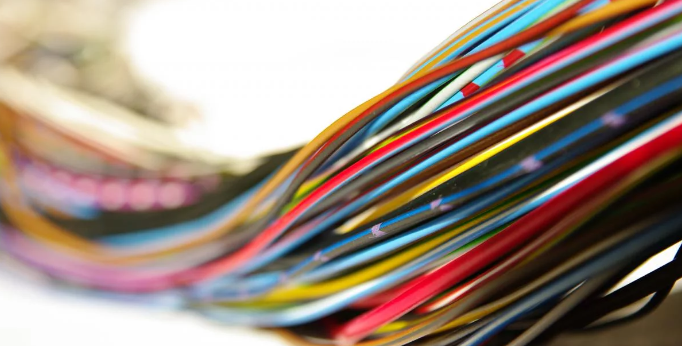
Automotive wiring is a critical part of any vehicle. It is responsible for carrying electrical power and signals throughout the car, and it must be able to withstand extreme temperatures and vibration. There are many different types of automotive wiring, each with its specific purpose. Selecting the correct type of automotive wiring for a particular application is crucial to ensuring the safe and reliable operation of the vehicle.
If your car has been acting up lately, it might be time to check the automotive wires. Over time, exposure to the elements can cause the wires to rust and break. This can cause all sorts of problems, from the engine not starting to the lights not working. If you suspect that your car’s wires are the problem, it’s essential to take it to a professional to get them fixed.
Table of Contents
What Type of Wire is Used in Automotive?
Many types of wire can be used in automotive applications, but the most common type is stranded wire. Stranded wire is made up of tiny individual wires twisted together to form a larger wire. This type of wire is flexible and can be easily routed through tight spaces. It is also less likely to break than solid wire, making it ideal for applications where vibration is a concern.
Automotive wire is an electrical wire commonly used in the automotive industry. It is typically made from copper or aluminum and is used to connect various electrical components. Automotive wire is available in multiple sizes and gauges and can be purchased from most auto parts stores.
What are the 3 Types of Wiring Used in the Automotive Industry?
There are three types of wiring commonly used in the automotive industry: stranded, solid, and braided. Stranded wiring comprises small, thin wires twisted together to form a larger wire. This type of wiring is flexible and resistant to vibration, making it ideal for automotive applications. Solid wiring comprises a single, thick wire that is less flexible than stranded wiring. Braided wiring is made up of a group of tiny wires that are woven together to form a larger wire. This type of wiring is very flexible and resistant to vibration, making it ideal for automotive applications.
Is There a Difference Between Automotive Wire and Regular Wire?
The auto wire is made to withstand higher temperatures and vibrations than general-purpose wire, so it’s ideal for vehicle use. It’s also tinned to resist corrosion, an essential consideration in any outdoor application. That said, if your application doesn’t require the extra durability of auto wire, the regular wire will probably suffice.
Automotive wires are used in automobiles, and the first and foremost is their ignition system. They provide the current for spark plugs. While ignition wires are available in different ratings, 12-volt ignition wires are also widely available. These wires are non-insulated wires used for the detection of ignition.
What Do You Need to Know About Automotive Cable Manufacturers
Automotive cable manufacturers produce cables that are used in vehicles for a variety of purposes. The wires may be used for electrical power, data, or control signals. Automotive cable manufacturers must meet the specifications set forth by the vehicle manufacturer. The cables must be able to withstand the temperatures, vibration, and other conditions that are present in a vehicle.
Cable manufacturers play a vital role in the automotive industry. They produce wiring harnesses that connect a vehicle’s electronic systems and components. Without these manufacturers, cars would be unable to function.
The automotive cable market is overgrowing due to the increasing demand for electric and hybrid vehicles. This demand is driven by the need to reduce emissions and improve fuel economy. As a result, automotive cable manufacturers are expected to experience strong growth in the coming years.






